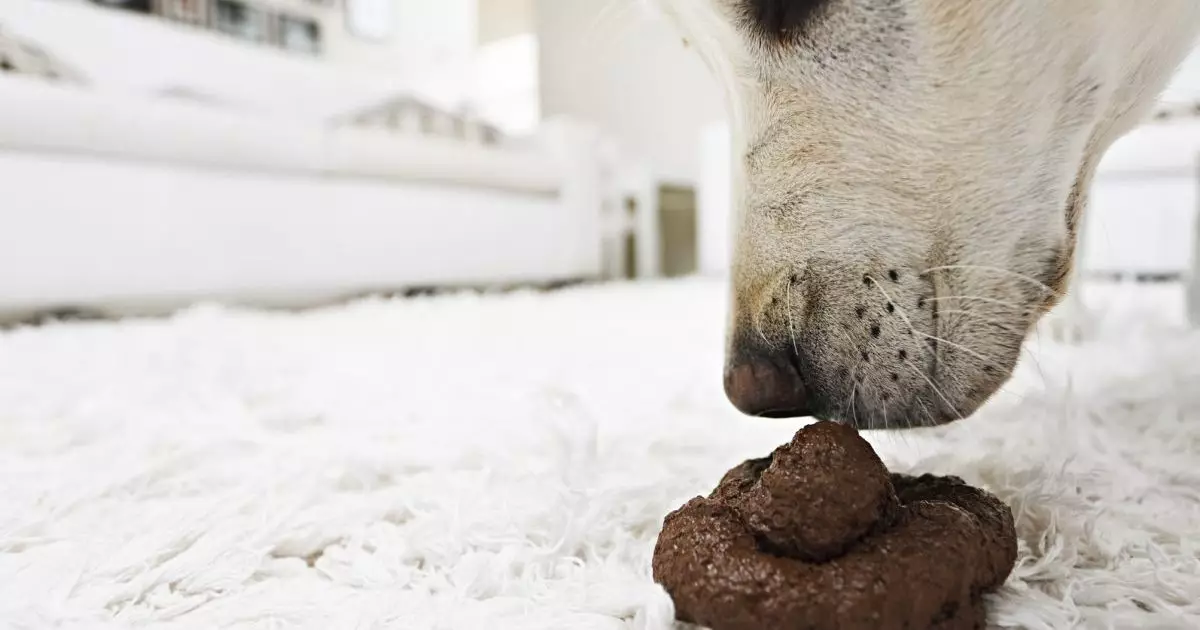Being a pet owner is a joyful experience filled with companionship and unconditional love. However, it also comes with its own set of challenges. Among these challenges, certain behaviors exhibited by our canine friends can be particularly troubling. Among the most notorious are coprophagia (the act of eating feces) and scooting (dragging the rear end across the ground). These behaviors can be distressing for pet owners, but understanding the underlying causes and solutions can prove helpful.
Coprophagia, a behavior where dogs consume feces, elicits disgust in most humans, yet it serves natural purposes in canine behavior. Dogs are instinctively driven to explore their environment, often treating feces as a source of nutrients. Young puppies are especially prone to this habit; the texture of feces can resemble the regurgitated food they relied on as pups. Although many adult dogs develop preferences for this behavior, it is reassuring to know that most puppies will eventually grow out of it.
Several factors can drive this behavior in dogs. For one, anxiety or stress may push a dog to eat feces as a coping mechanism, while dogs that were previously scolded for making a mess might resort to this behavior as a way of keeping their environment clean. Nutritional deficiencies, poor-quality diets, or an inability to absorb essential nutrients can also lead to this unsavory habit.
Compounding the issue, dogs that share a home with cats may indulge in cat feces since it is often more nutritious. The higher protein content in cat food, combined with the fact that cats typically do not digest their food as efficiently, means that their feces may attract curious pups.
While coprophagia raises concerns about potential health issues stemming from disease or parasites, most healthy and vaccinated dogs are at a relatively low risk. Pet owners should still remain vigilant; routine veterinary check-ups and preventive treatments for worms are essential to ensure a healthy pup.
Pet owners who find their dogs eating feces are understandably concerned about the health risks involved. Though the risk of contracting infections remains low for vaccinated dogs, there can be consequences of coprophagia. Regular fecal testing can identify potential parasites, and heartworm medication can serve as an additional line of defense.
Another issue arises when dogs gain access to cat litter, especially if they consume it along with the feces. Certain types of clumping litter can expand within a dog’s gastrointestinal system and lead to severe health complications. Thus, safeguarding access to cat litter boxes is crucial, particularly in homes housing both dogs and cats.
Strategies for Deterring Coprophagia
Luckily, there are several strategies to deter this unsightly behavior. First and foremost, pet owners should keep their environment clean by regularly scooping yard waste and keeping an eye on their dogs during walks. Training and reinforcing good behaviors can also help redirect a dog’s attention. Providing a high-protein, low-carbohydrate diet may alleviate the compulsion to eat feces. Some pet owners find success in using additives that are marketed to reduce the palatability of feces, although natural options like canned spinach or pineapple may offer just as effective a solution.
Importantly, communicating with your pet in a positive manner is crucial. Avoid scolding your dog for eating feces, as even negative attention can be perceived as a reward. Instead, focus on cultivating a stress-free environment that may help eliminate this behavior altogether.
The Mystery of Scooting
Similar to coprophagia, scooting can make pet owners feel embarrassed. Commonly, a dog will drag its bottom across the floor, a habit that frequently signals discomfort. While sometimes indicative of an underlying issue like worms, scooting is often associated with full anal glands, an affliction that causes itching and inflammation.
Pet owners experiencing this behavior can find relief in the simplicity of expressing these glands, which veterinary professionals or groomers can do easily. Keeping an eye on your pet’s health and behavioral changes is important; any persistent or concerning habits should be addressed by a veterinarian.
Dealing with undesirable behaviors in pets can be frustrating, yet it is essential to remember that these are often natural expressions of instinct or discomfort. With a combination of educational awareness, professional guidance, and proactive management, pet owners can successfully navigate these challenging aspects of pet care. In doing so, they can foster a healthier, more enjoyable relationship with their furry companions. Understanding and addressing these behavioral concerns is merely a part of the enriching journey of pet parenthood—one filled with love, responsibility, and growth.

